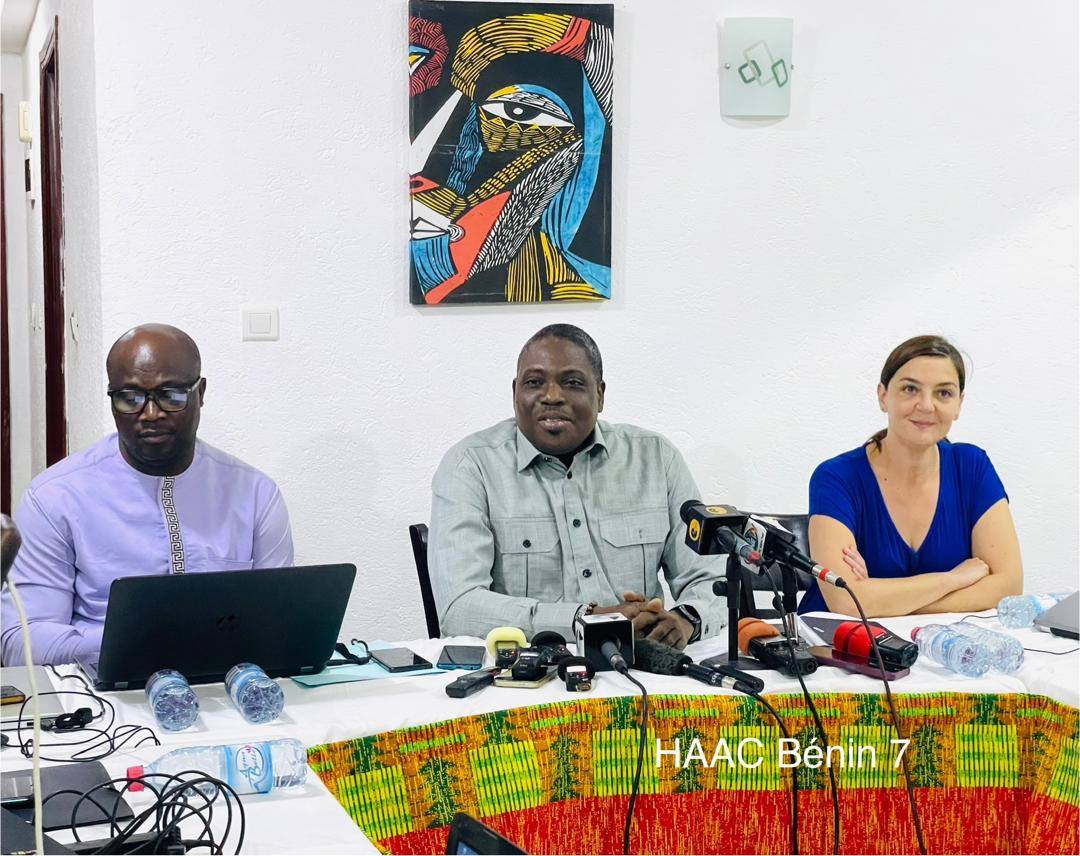
The High Authority for Audiovisual and Communication (HAAC) has officially relaunched practical training for journalists from Benin’s private radio sector, marking the return of “on-site” sessions that had been paused for several years.
The initiative, part of the government’s public press support program, was inaugurated on Monday, October 6, at Fraternité FM in Parakou.
Councilor Armand Hounsou, President of the Media, Ethics and Professional Conduct Commission, represented the President of HAAC at the ceremony.
He welcomed the resumption of these training sessions, stressing that the initiative reflects “the constant and stated desire of the regulatory institution and the government to strengthen the professional capacities of the media in order to guarantee reliable, balanced information that respects democratic values.”
Over a period of five days, twelve northern radio stations will host hands-on workshops led by experts in journalism and media ethics.
The training curriculum was designed in response to needs expressed by the heads of the beneficiary organisations, ensuring that the sessions address practical challenges faced by private radio journalists.
Funded through public resources and coordinated by HAAC, the program aims to enhance news reporting quality, reinforce professional ethics, and promote content that adheres to established journalistic standards.
Organisers emphasise that the workshops will not only equip participants with technical skills but also encourage responsible and independent reporting.
Following this first phase in the north, eighteen southern radio stations will participate, extending the program to a total of thirty media outlets.
In all, approximately 120 journalists will receive direct training, while several hundred others are expected to benefit indirectly through the dissemination of best practices.
By renewing public support for the press, HAAC reasserts its role as a strategic partner in the development of Benin’s media sector.
The initiative signals a strong commitment by both the regulator and the government to cultivate a free, competent, and responsible press, capable of contributing meaningfully to the country’s democratic and civic discourse.
“The aim is to build a media landscape that not only informs but also educates and engages the public responsibly,” the organisers noted, underlining the long-term vision behind this nationwide capacity-building program.



